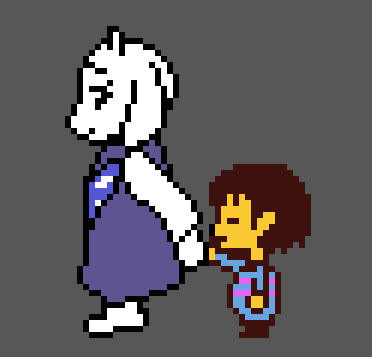Using D&D for good

One thing I hear a lot is, “Wait, you aren't a therapist?” to which I have to explain, while I have a master's in education, I have 10 years of experience in the mental health field, have received therapy for my own struggles with mental illness, and I am in the process of applying for a therapist certification masters, no, I am not a therapist (yet). The groups I do are purely about teaching social skills. They are not therapeutic groups. Those do exist, and they are focused on things like trauma, aggression, PTSD, autism, and any other number of therapeutic goals. Whereas a group that aims to teach social skills is both much more limited and much broader in it's application.
Where they are limited is that I need to focus on a fairly limited and vague set of skills, and approach them with a sort of teaching framework. I use a highly individualized social justice oriented pedagogy that encourages things like building teamwork, communication, and self esteem. That being said, because of this, I also have the ability to introduce a far broader spectrum of concepts into the game, like building moral behavior and becoming aware of social justice issues. I feel comfortable having loose parodies of real world events in the games, and the kids latch on immediately- and by giving them agency to defeat these things, I hope to prepare them for a life of engaging with the big issues facing our society.
Another way to approach it is to look at the difference between a teacher and a therapist. A therapist's work with a client is highly individualized and based on addressing a specific psychological need of that client. A teacher has a set curriculum, and while they need to individualize their curriculum to be accessible to their students, they are instructing their students to be able to show expertise in a specific subject matter, skill, or behavior- in my case, social skills, although D&D is a great tool to teach any type of academic material, from introducing basic chemistry concepts via an alchemy system, to all kinds of math dungeons, to historical accurate campaigns.
That being said, it does benefit to identify what you can do as a therapeutic dungeon master. (note that I am not one, so I may be leaving aspects out, but this is what I've identified based on conversations with therapeutic dungeon masters.)
Run games that have therapeutic application
Address a specific mental health diagnosis and treatment through the game
Describe your game as being therapeutic in nature
Do research and get published
Again, there are more entries to this list, but those are what come to mind. Please do not pretend to be a therapist or psychologist if you are not. There's more than enough of a need for experienced people running groups for good, and there are a lot of things you can do, running a group for good. The following are all things I've taught in my groups over the years:
Use the game to encourage teamwork and healthy communication
Incorporate academic subjects, like math, history, biology, politics, etc.
Create a space for kids to develop healthy friendships
Be a role model and mentor
Give kids who are in a rough place a bit of relief
Teach kids how to deal with failure
Teach kids acting skills
Teach kids to respect others
Teach kids they can make a difference
Teach kids to be confident in the face of things they find unpleasant
Teach kids how to be empathic towards each other
Teach kids to be artistic
Teach the kids to tell a story together
Teach kids mercy
Teach kids to be accepting of each other's differences
Teach kids deduction and critical thinking
Teach kids to be patient with others
Teach kids to be leaders
Note that I focus on the teaching of skills, as that is the angle I use. I'm not a teacher for my day job (I teach on the weekends), and while I do have a strong education background, you don't need a master's in education to know how to teach these skills in your group and do a world of good for your players. Everyone is unique and can bring something special to the table, and the best thing you can do is to find out what your skillset is, and leverage it to create a table culture and game that is truly beneficial for your players. Never let anyone tell you that you aren't allowed to use D&D for good. This game, and it's use to make the world a better place, needs everyone.